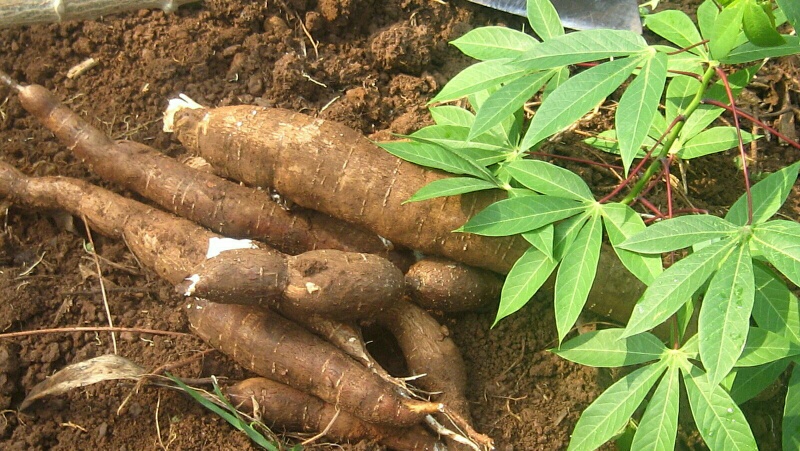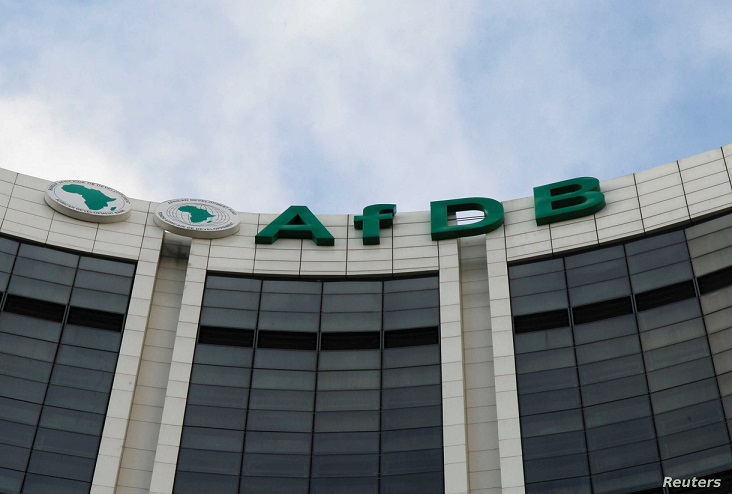The Sasakawa Africa Association (SAA ) has urged social media influencers in Benue and Nasarawa States to help drive awareness on the benefits of using improved, disease-free cassava seeds. The call was made during a workshop in Makurdi under the Building an Economically Sustainable Integrated Cassava Seed System Phase 2 (BASICS II) project.
At the event, SAA’s communication focal person for the project, Aveseh Asough, stressed the critical role social media now plays in agriculture by connecting communities, sharing innovations, and educating farmers in real time. According to her, influencers can simplify and personalise technical agricultural messages, making them easier to understand and trust.
“Through videos, photos, and relatable storytelling, influencers can explain the benefits of certified cassava seeds and the dangers of using disease-prone materials,” she said. “They can also promote the importance of a reliable seed supply chain and help shift perceptions among farmers.”
She noted that despite the success of the BASICS II model in boosting cassava productivity, widespread use of recycled and low-yield varieties remains a barrier to growth. The goal of the workshop, she explained, is to equip influencers with the tools, content ideas, and information needed to amplify the reach and impact of the BASICS II project across rural communities.
Participants were trained to communicate the structure and benefits of the BASICS II Cassava Seed System, and to promote certified seeds as a solution to poor yields. The workshop also aimed to create a network of committed digital voices championing cassava productivity in the two states.
Speaking at the same event, Programme Officer for Market-Oriented Agriculture, Jonathan Yassah, highlighted the SAA’s broader mission to enhance agricultural productivity and food security across Africa. He noted that 14 extension agents were already trained in March 2024 on the use of disease-free cassava seeds.
Yassah pointed out that while demand for improved cassava varieties is rising in Benue and Nasarawa, access remains a challenge due to the limited supply of quality planting stems.
SAA hopes that with more informed and vocal influencers advocating for certified seeds, farmers will begin to transition away from traditional, recycled planting materials and adopt practices that ensure higher yields and disease resistance.










